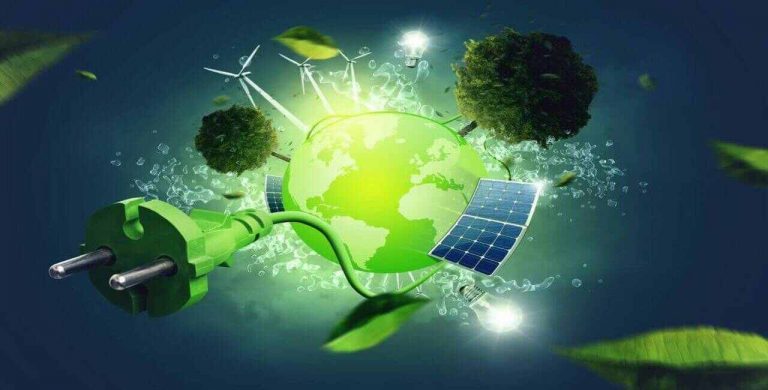A fresh coat of paint and carefully chosen decorations can completely transform any space,...
Roy Long
The Shifting Landscape of Global Energy The energy market has undergone significant transformations in...
Memorials serve as lasting tributes to the lives and legacies of loved ones, capturing...
Team uniforms are more than just apparel; they represent a shared identity, a symbol...
Essential air hoses play a critical role in medical environments, where precision, efficiency, and...
It is essential to choose the right straps for securing cargo to the flatbed...
A lot of copiers come with hidden features that help promote energy efficiency. They...
Virtual reality VR events have emerged as a transformative medium for engagement, learning, and...
In today’s rapidly changing world, the appetite for business news has never been greater....
Maintaining a clean home is crucial for both physical health and mental well-being, but...
In the realm of fashion, accessories play a pivotal role in defining one’s style...









